Life
Sign up for our newsletter
We summarize the week's scientific breakthroughs every Thursday.
-
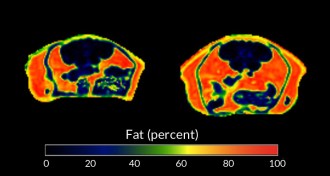 Humans
HumansAntibiotics in infancy may cause obesity in adults
By altering the microbiome of infant mice, drugs predisposed the animals to gain fat as adults.
-
 Health & Medicine
Health & MedicineInflammation-blocking cells might fight often-fatal sepsis
Treatment saved young and old mice from overactive immune response to infection.
By Nathan Seppa -
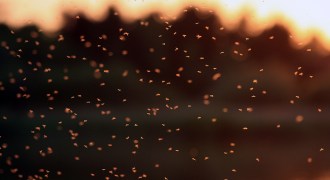 Physics
PhysicsCommon motion emerges in swarms of only 10 midges
A swarm of midges may start to fly as a collective group with as few as 10 individuals, a new study shows.
-
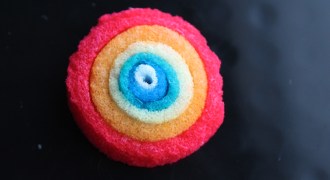 Neuroscience
NeuroscienceNeurons in silk scaffold mimic behaviors of a real brain
Proteins of silkworm cocoons can form the scaffold for a three-dimensional model of a brain.
-
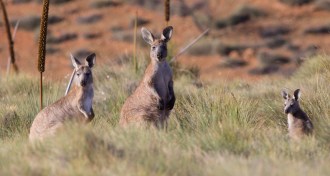 Animals
AnimalsAboriginal lizard hunting boosts kangaroo numbers
An aboriginal technique for hunting lizards with fire in Western Australia feeds wallaroo populations.
-
 Neuroscience
NeuroscienceProsthesis uses swinging arms to tell legs when to step
Device creates artificial neural connection that could help paralyzed people walk.
-
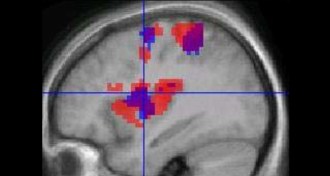 Neuroscience
NeuroscienceBusy neurons don’t always draw blood
Study of mice suggests caution in inferring the activity of the brain’s neurons from functional MRI results.
-
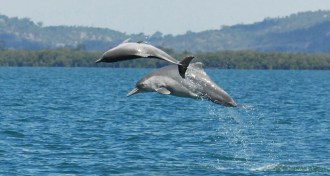 Animals
AnimalsNew dolphin species gets a name
A species of humpback dolphin from Australia has now received its proper name.
-
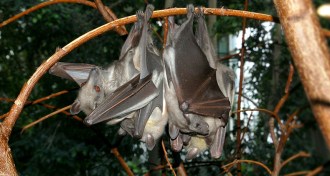 Life
LifeAnimal source of Ebola outbreak eludes scientists
Researchers are trying to determine whether bats or bush meat transmitted the Ebola virus to people in West Africa.
-
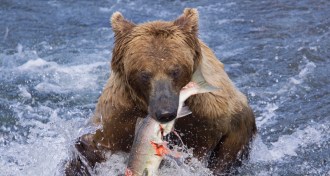 Life
LifeGrizzly bears master healthy obesity
Tuned insulin signals explain how grizzly bears can fatten up for hibernation in the winter without developing diabetes.
By Meghan Rosen -
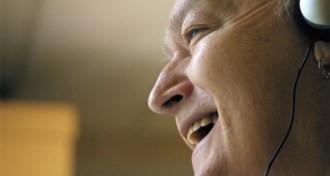 Neuroscience
NeuroscienceMusic soothes the aging brain in film ‘Alive Inside’
A social worker highlighted in a new documentary goes on a quest to bring tunes to nursing homes.
-
